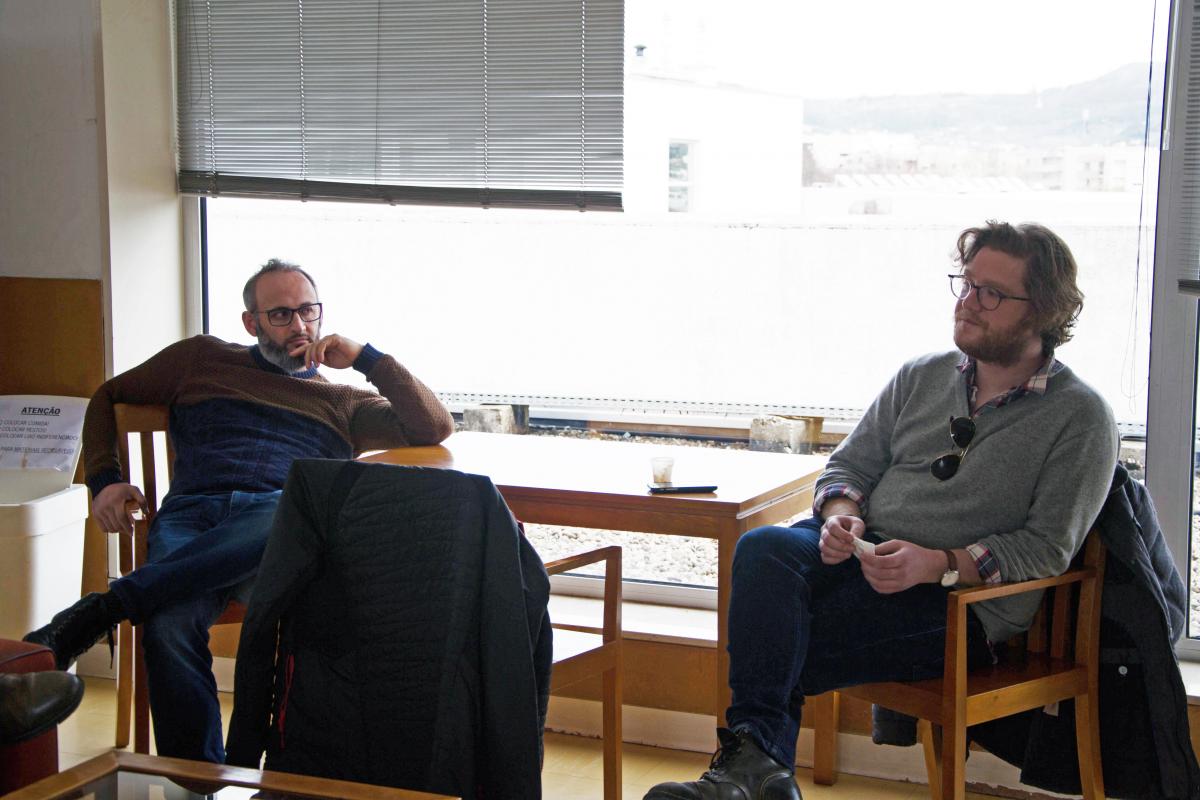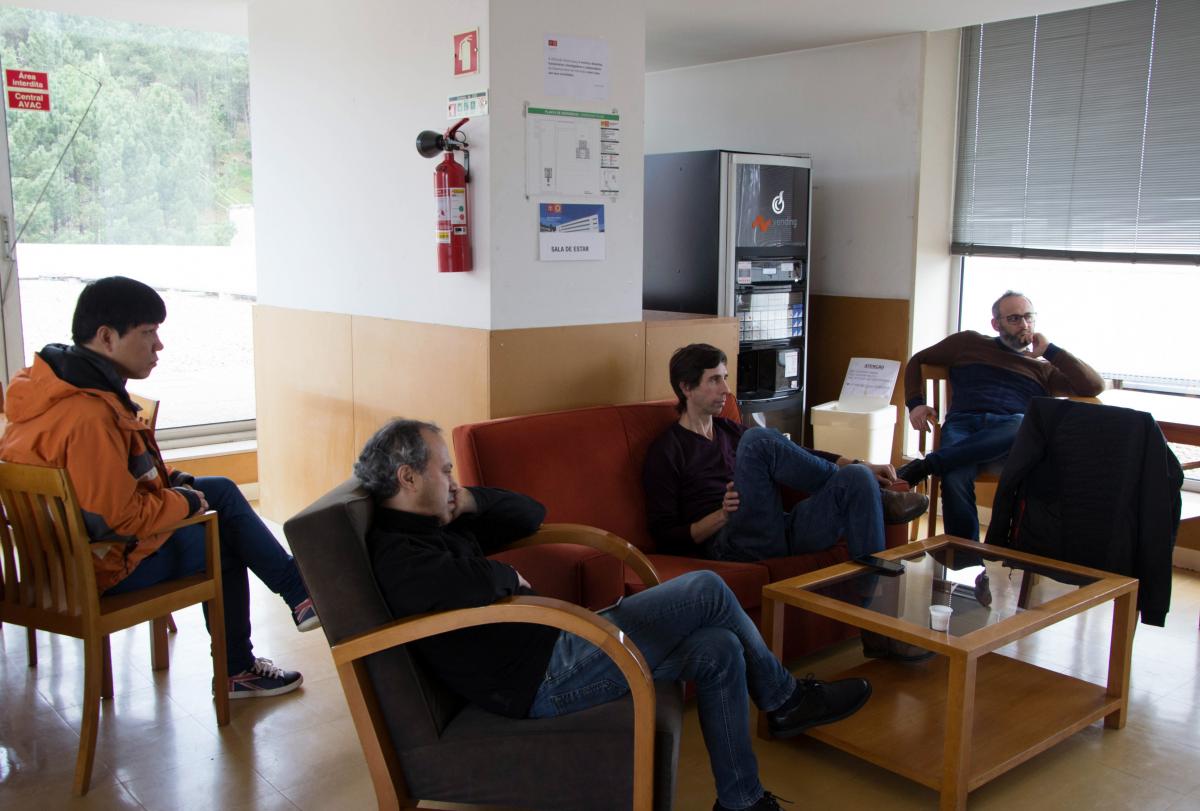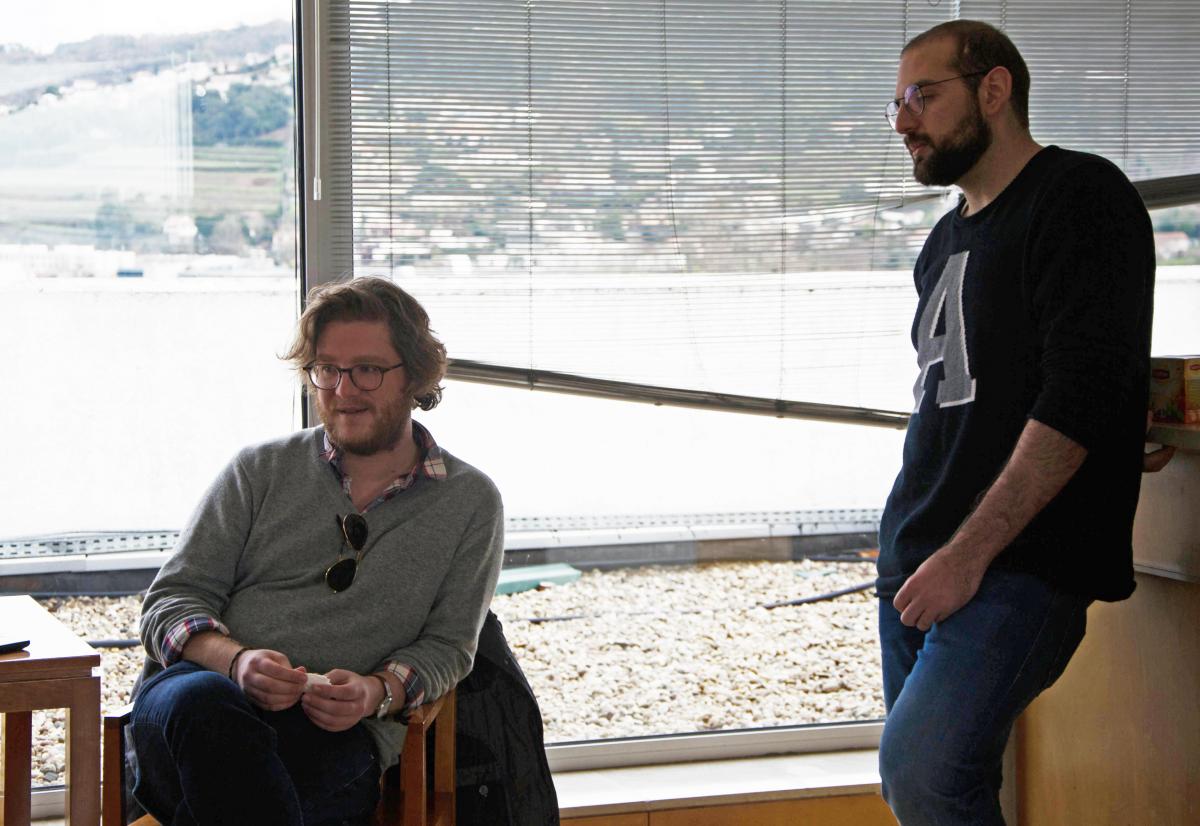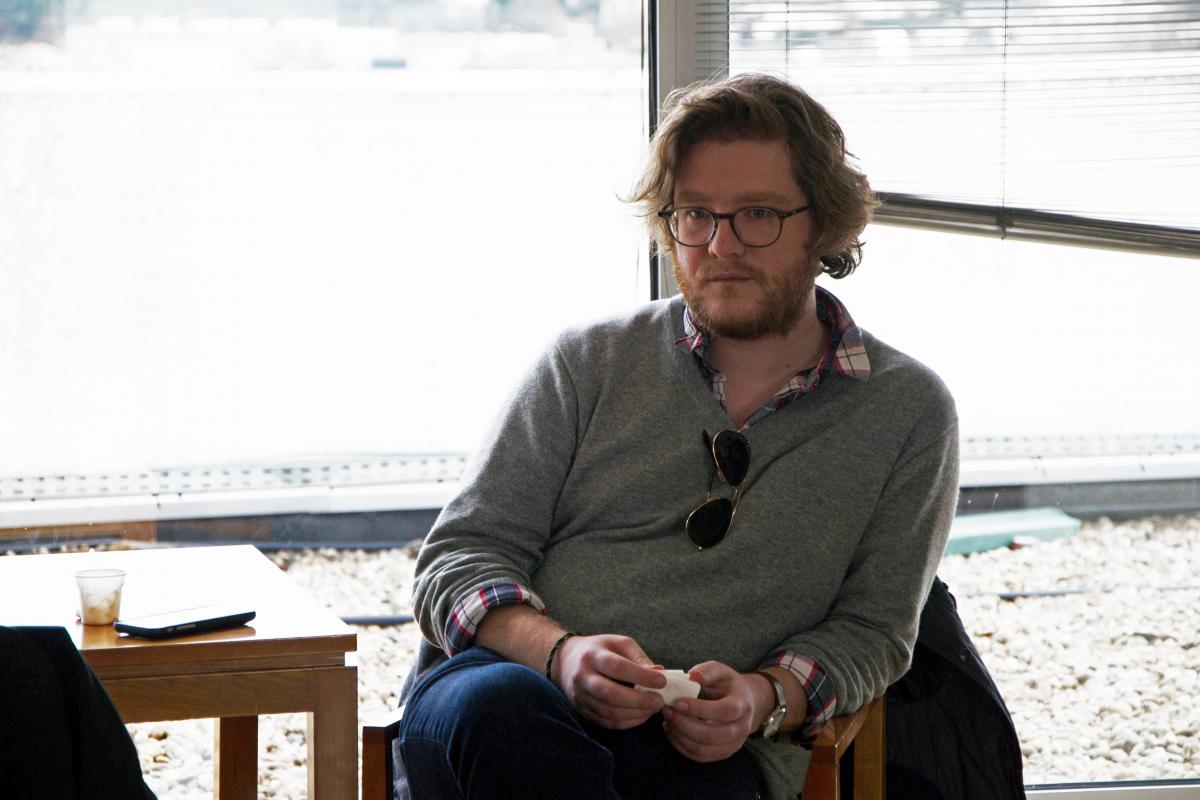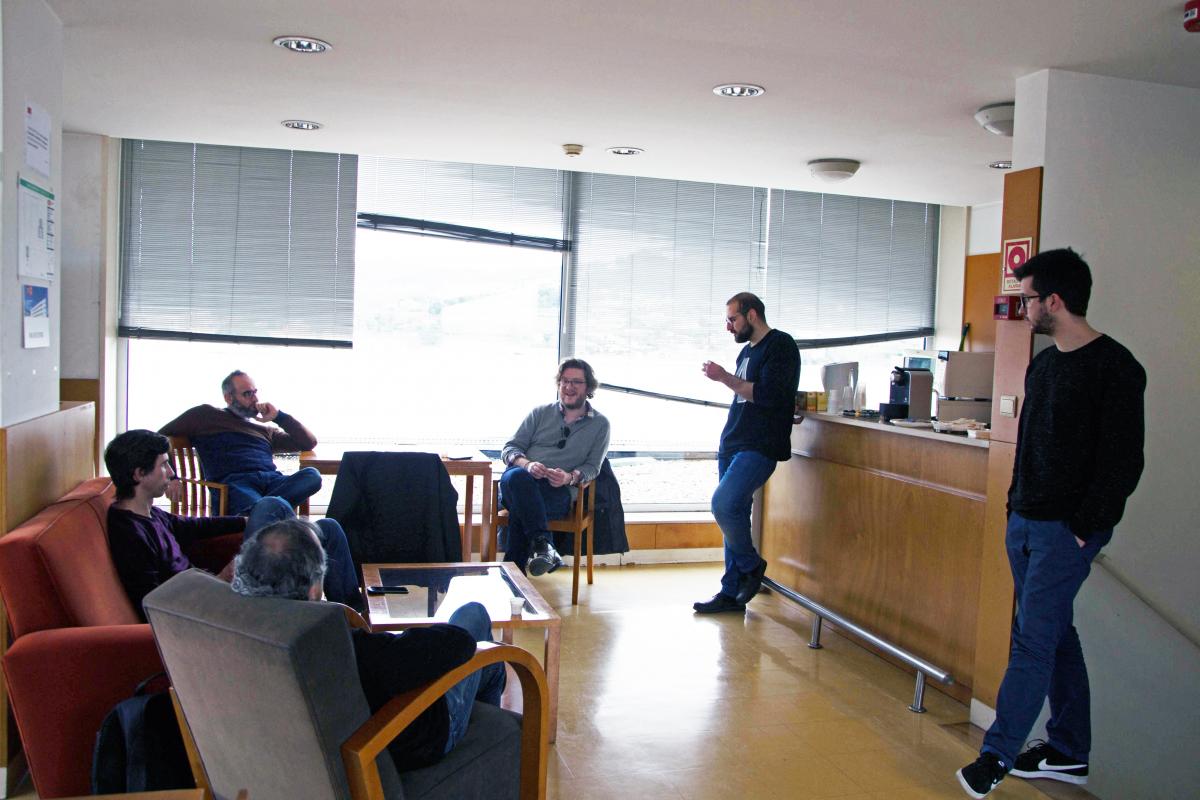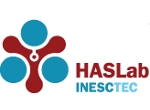On the Design of Distributed Programming Models
By Christopher Meiklejohn, Université catholique de Louvain & Instituto Superior Técnico.
Abstract. Programming large-scale distributed applications requires new abstractions and models to be done well. We demonstrate that these models are possible. Following from both the FLP result and CAP theorem, we show that concurrent programming models are necessary, but not sufficient, in the construction of large-scale distributed systems because of the problem of failure and network partitions: languages need to be able to capture and encode the tradeoffs between consistency and availability. We present two programming models, Lasp and Austere, each of which makes a strong tradeoff with respects to the CAP theorem. These two models outline the bounds of distributed model design: strictly AP or strictly CP. We argue that all possible distributed programming models must come from this design space, and present one practical design that allows declarative specification of consistency tradeoffs, called Spry.
Keywords. Distributed Systems, Distributed Programming, Programming Languages.
About the speaker. Christopher Meiklejohn is a former senior soft- ware engineer at Basho Technologies, Inc., Cambridge, US, and at Machine Zone, Inc., San Francisco, US. He got a BSc in Information Technology from Northeastern University, Boston, with Academic Excellence Award in 2009. His passion to distributed systems and programming languages has recently urged him to pursue his PhD studies at the Université catholique de Louvain, Belgium, and the Instituto Superior Técnico, Portugal, under the supervision of Peter Van Roy and Rodrigo Rodrigues. Christopher already develops a program- ming language for distributed computation, called Lasp, which is part of his thesis focus. Christopher has very good experience in distributed systems as he spent several years working on the distributed key-value store Riak at Basho, the cloud computing framework Apache Mesos at Mesosphere, and the protocol design and verification at Machine Zone, a gaming company in Palo Alto. Christopher is also a consistent speaker at more than dozen industrial workshops and events and has many workshop publications. He is also leading the creation of a startup company on Edge Computing within the recently accepted H2020 Edge Computing project: LightKone.
LOCATION AND TIME
Address: University of Minho, Gualtar campus, Braga, Portugal.
Building. Departamento de Informatica, Building 07.
Coffee session: at 1:30PM-2PM, Sala de Estar, 4th floor.
Talks session: at 2PM-2:45PM, Auditorium A2, 1st floor.
PHOTOS
